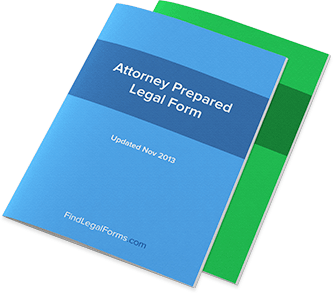Corporate Directors Meetings
The board of directors of a corporation transacts business as a group. Each individual director has no authority to bind the corporation (unless the board of directors as a group has previously authorized him or her to exercise that power). Even in a corporation with a single director, there must be formal records of meetings and of the resolutions adopted by the board.
Corporate boards of directors must, at a minimum, hold an annual meeting to appoint the officers of the corporation for the coming year, decide if dividends will be declared for the year, and make any other annual decisions regarding the financial matters of the business. Typically, boards will hold special meetings for specific topics much more frequently. Whenever official corporate matters are discussed as a group, the board of directors should hold a meeting, keep minutes, and record the decisions made as corporate resolutions. This is not a difficult task and it will provide a clear record of the agreements made by the board for future reference. Prior to any annual or special meetings of the board, notice must be given to each board member according to the time limits set in the bylaws. If all board members are in agreement, an easier method to fulfill the notice requirement is to have the board sign waivers of notice. This document and all of the other documents necessary to conduct and record board meetings are contained in this chapter. Before each type of board meeting is a checklist of the information necessary to fill in the minutes and other forms. Follow the appropriate checklist for each meeting.
The following information should be covered and documented in the minutes of the first board of directors meeting:
- Name of corporation
- Date of meeting
- Location of meeting
- Officers present at meeting
- Others present at meeting
- Name of temporary chairperson presiding over meeting
- Name of temporary secretary acting at meeting
- Calling of meeting to order and quorum present
- Proper notification of meeting
- Notices sent or waivers filed
- Articles of Incorporation filed with state
- Date of filing
- Effective date of incorporation
- Approve and ratify any acts of incorporators taken on behalf of corporation prior to effective date of incorporation
- Elect officers of corporation
- Decide on annual salaries of officers
- Direct that any organizational expenses be reimbursed to incorporators
- Authorize opening of corporate bank account
- Approve corporate seal, stock certificate, and stock transfer book
- Approve corporate bylaws
- Approve issuance of stock in exchange for transfers of propertyor money
- Designate fiscal-year dates
- Designate accounting basis (cash or accrual basis)
- Document any other necessary business
- Adjournment of meeting
- Date and secretary signature on minutes
Article © Nova Publishing Company, 2005


